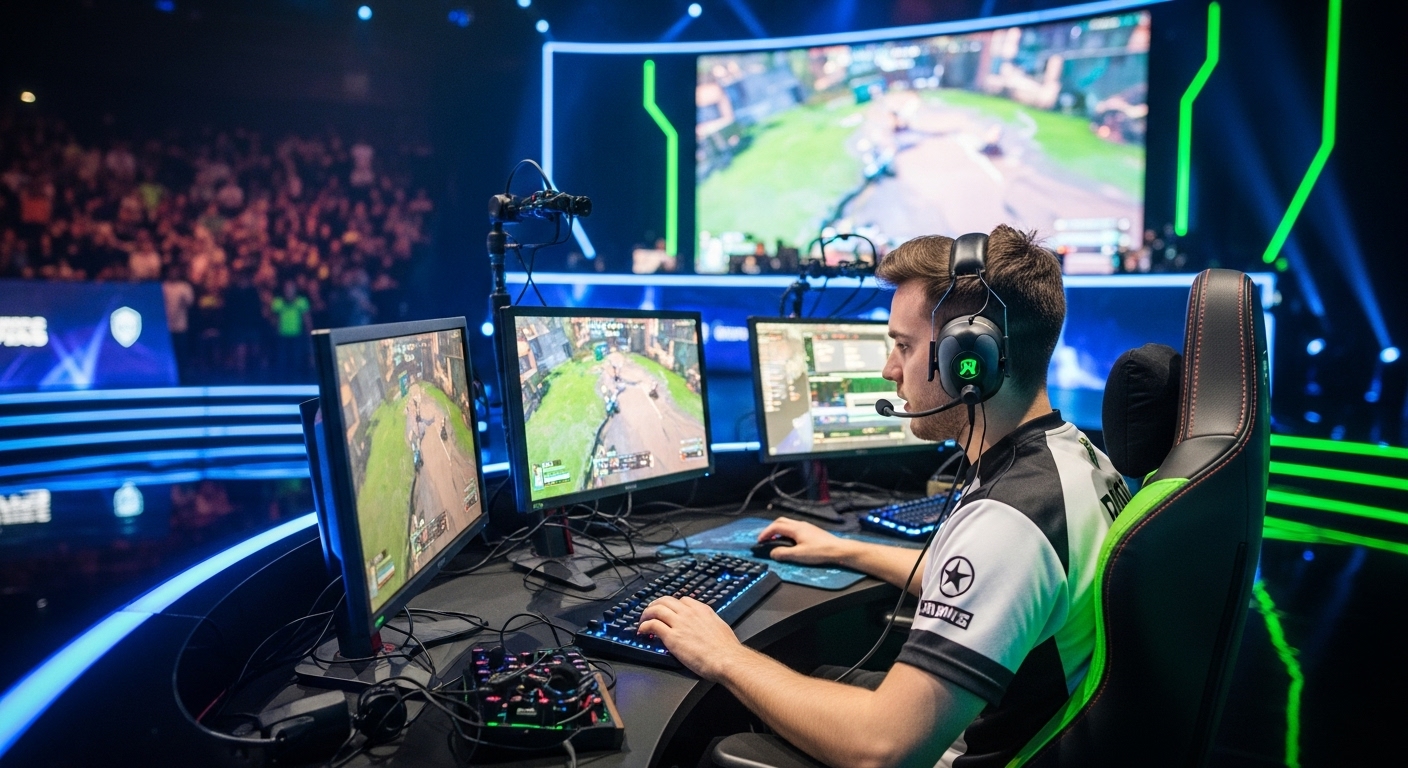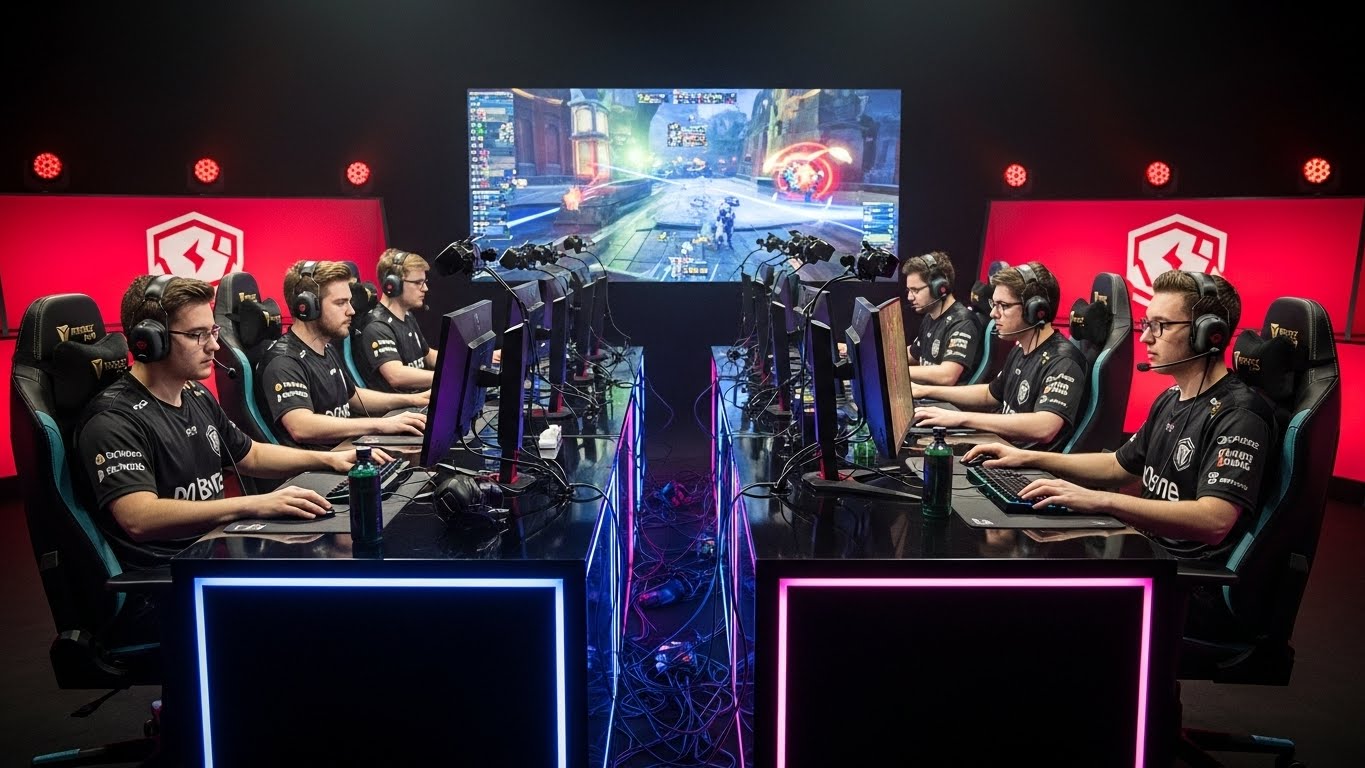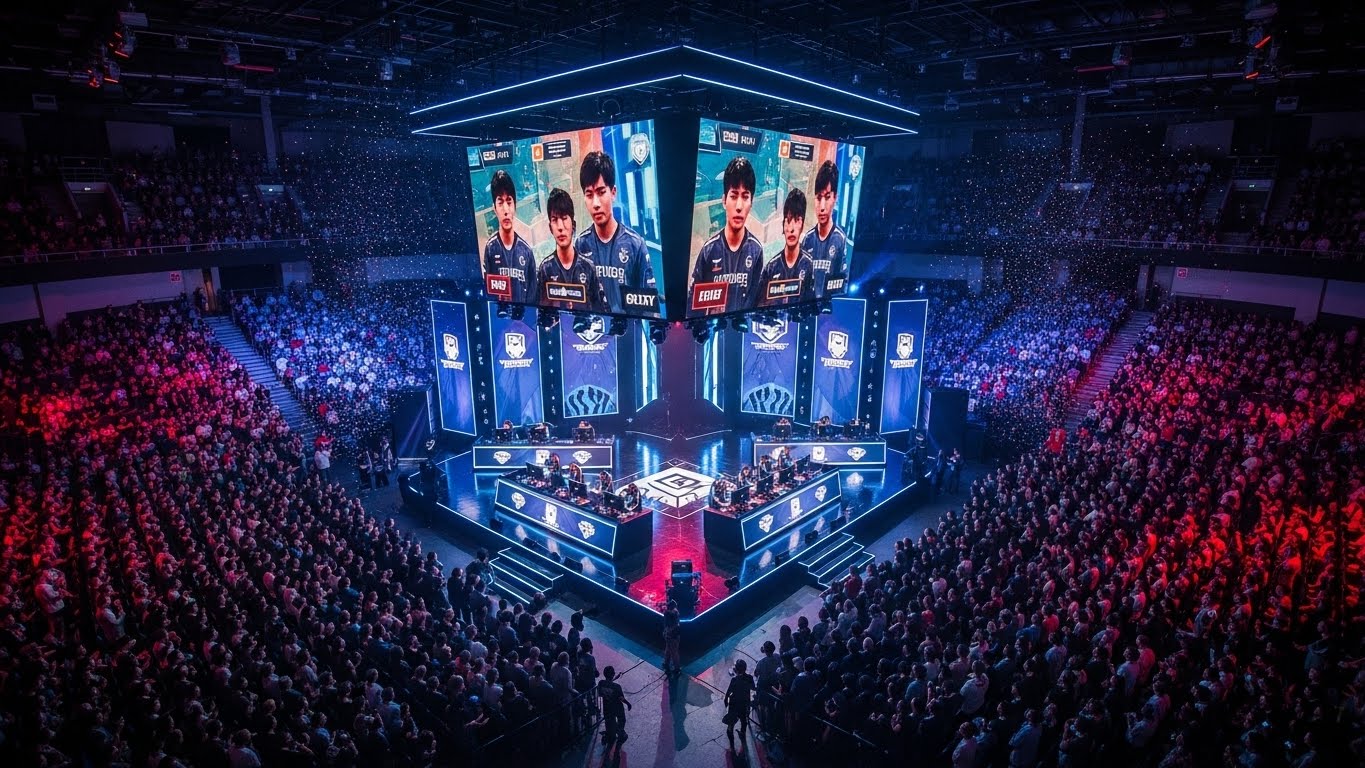Introduction
Esports, or electronic sports, has rapidly transformed from a niche pastime into a global phenomenon. What began as friendly gaming competitions in local arcades has evolved into a multi-billion-dollar industry, attracting millions of fans, professional players, and major sponsors worldwide. Esports is no longer just about playing games—it’s about skill, strategy, and spectacle.
The Evolution of Esports
The roots of esports can be traced back to the early 1970s, when the first known video game competition took place at Stanford University. However, it wasn’t until the late 1990s and early 2000s that esports began to flourish, thanks to the internet and multiplayer gaming. Titles like Counter-Strike, StarCraft, and Dota created the foundation for organized competitive gaming.
Today, esports features diverse genres, from first-person shooters to real-time strategy and battle royale games. Global tournaments attract massive audiences, rivaling traditional sports in viewership and production quality.
The Professional Gaming Lifestyle
Becoming a professional gamer requires more than just talent—it demands dedication, discipline, and countless hours of practice. Pro players often train for 8 to 12 hours a day, refining their mechanics and studying opponents. Esports teams operate much like traditional sports organizations, complete with coaches, analysts, and support staff to enhance performance.
Moreover, esports athletes are now recognized for their strategic thinking and teamwork. They compete in high-pressure environments where every move counts, making mental resilience just as important as quick reflexes.
The Global Esports Economy
The esports industry has witnessed explosive growth in recent years. Major tournaments now offer prize pools worth millions, and sponsorship deals from leading brands are common. Streaming platforms have also played a crucial role, providing direct engagement between players and fans. Merchandise sales, team branding, and media rights further contribute to the thriving esports economy.
Cities across the world are even investing in dedicated esports arenas, highlighting the growing cultural and economic influence of this digital sport.
Esports and Education
Esports is increasingly making its way into schools and universities. Many institutions now offer esports scholarships and degree programs that focus on gaming, media, and event management. This integration not only provides career pathways for players but also for those interested in broadcasting, game design, and marketing.
The inclusion of esports in education helps students develop valuable skills such as leadership, communication, and problem-solving—skills that extend far beyond the screen.
The Future of Esports
The future of esports looks brighter than ever. With advancements in virtual reality, augmented reality, and artificial intelligence, the gaming experience is set to become even more immersive and competitive. Additionally, as mainstream acceptance grows, esports could soon be featured in major international sporting events.
Esports continues to bridge cultures, unite players across continents, and push the boundaries of entertainment and technology.
Conclusion
Esports has proven that gaming is not just a hobby—it’s a legitimate form of competition that demands talent, strategy, and passion. As it continues to expand globally, esports is shaping a new generation of digital athletes and redefining the way we perceive sports. The rise of esports is more than a trend; it is a revolution in the world of entertainment and competition.



